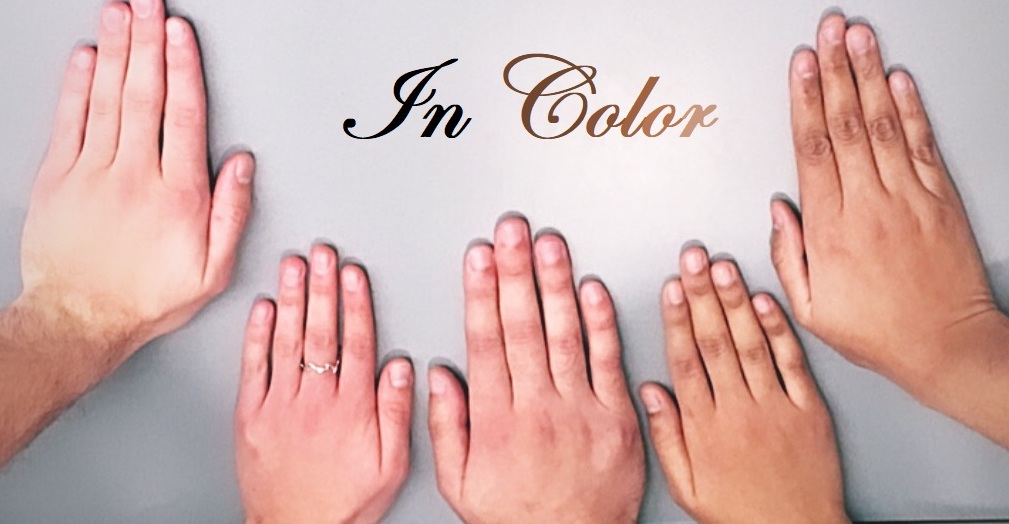 Archana Bharadwaj (6 Posts)
Archana Bharadwaj (6 Posts)Contributing Writer
Central Michigan University College of Medicine
Archana Bharadwaj is a second-year medical student at Central Michigan University College of Medicine in Mount Pleasant, Michigan. In 2013, she earned her Bachelor's of Science with a major in Biopsychology, Cognition, and Neuroscience and a minor in Gender and Health from the University of Michigan. She went on to earn her Master's in Public Health in Health Behavior and Health Education with a specialization in Health Communications from the University of Michigan in 2016. Outside of school, she is an avid foodie with a penchant for traveling. After graduating medical school, Archana would like to a pursue a career in Anesthesiology.
In Color
In this column, I will explore the unique challenges of training as a provider of color and offer solutions for improving diversity and inclusion in medicine. Through conversations with colleagues of color, including premedical students, medical students in training, and residents, I hope to create a community where we can learn from one another, cultivate allyhood, and find support in our professional journeys.
After this conversation, I am left thinking about ways in which medical schools can create an environment that is more welcoming and safer for students of color. An important part of learning is feeling comfortable enough to make mistakes in order to better identify opportunities for learning and growth.
To be clear, for black medical students, supporting Black Lives Matter and other health equality and social justice initiatives is not a matter of a professional oath. It is a matter of life or death, close or distant — that of a loved one or of a stranger of the same hue and shared struggles.
I want my residents and attending physicians to be aware of the elements that have so far shaped my medical school experience–a certain racial awareness, if you will–and to be as enthusiastic about teaching me as I am about learning from them.
On the subjects of disease and disparity, the NIH focuses on the genetic code inside individual bodies and ignores the wider contexts within which these bodies live, work, play and get sick. The NIH overlooks societal inequalities and gives genes too much credit.
As a medical student nearing the end of my studies, I have come to understand many of the challenges and rewards inherent to caring for people at every stage, and every walk of life. I can understand the pain and joy that define the experience of being a physician because I am a member of this group.
“Race is a social construct.” This is a statement that we hear frequently but don’t fully believe or understand. In the United States, we may superficially state that race is a social construct, but in reality, we understand it as genetic underpinnings. In medicine especially, race and genetics are often understood as interchangeable.
 Jennifer Hong (6 Posts)
Jennifer Hong (6 Posts)2016 Writers-in-Training Program Director
Emory School of Medicine
Hi, I'm a third year medical student at Emory University. I graduated in May 2014 from Duke University with majors in Neuroscience and English. I like fiction, penguins, discussions about race relations and feminist theory, makeup tutorials, and bubble tea. I may not be able to give you lots of medical advice, but if you need a couple cat videos to brighten up your day, you've come to the right person.


